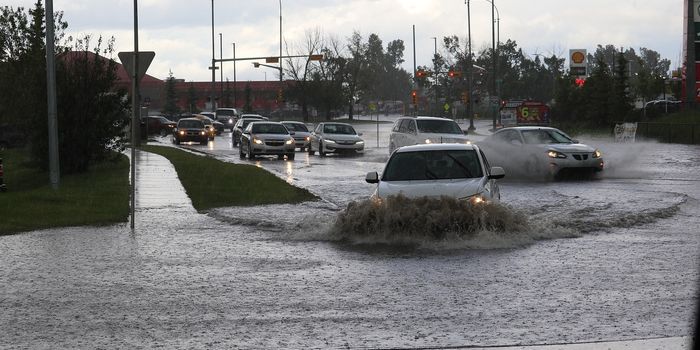Major Ecosystems, like the Amazon, Can Disappear Within a Lifetime
A study published earlier this week in Nature Communications has revealed how quickly ecosystems will disappear once they reach their point of no return. Researchers from Bangor University, Southampton University, and the School of Oriental and African Studies, University of London believe that once an ecosystem reaches its tipping point, it will transform into an alternative ecosystem. The study concluded that shifts in ecosystem happen over “human” timescales and may only take a few decades to collapse “once triggered.”
According to the study, the Amazon rainforest could transform into a savannah ecosystem within 50 years. The study reports that the tipping point for the Amazon rainforest could be reached as soon as 2021, due to further deforestation and degradation. For comparison, the study estimates that an ecosystem the size of the Caribbean coral reefs could collapse within 15 years once triggered.
In an article from Bangor University regarding the study, lead author Dr. Simon Willcock stated, “Unfortunately what our paper reveals is that humanity needs to prepare for changes far sooner than expected.” He continues by saying that the rapid transformations to the world’s “largest and most iconic ecosystems” would affect everything that they provide us with, from oxygen to food and medicines.
With rampant wildfires and other climate catastrophes threatening ecosystems, scientists fear that many of these places may already be nearing their tipping point. The scientists also warn that continued loss of keystone species—those with the most substantial impacts on their ecosystem—could contribute to “rapid and dramatic change in the landscape within our lifetime.” Elephants are one such example of a keystone species, as they disperse seeds and alter the landscape by pushing over trees and trampling other plants. According to Dr. Gregory Cooper from the University of London, “this is yet another strong argument to avoid degrading our planet’s ecosystems; we need to do more to conserve biodiversity.”
The study recommends preparing for ecosystem shifts to occur within the human timescale of years and decades, rather than centuries and millennia. It states that “humanity now needs to prepare for changes in ecosystems that are faster than we previously envisaged through our traditional linear view of the world, including across Earth’s largest and most iconic systems, and the socio-ecological systems that they support.”
Sources: Nature Communications, Bangor University









